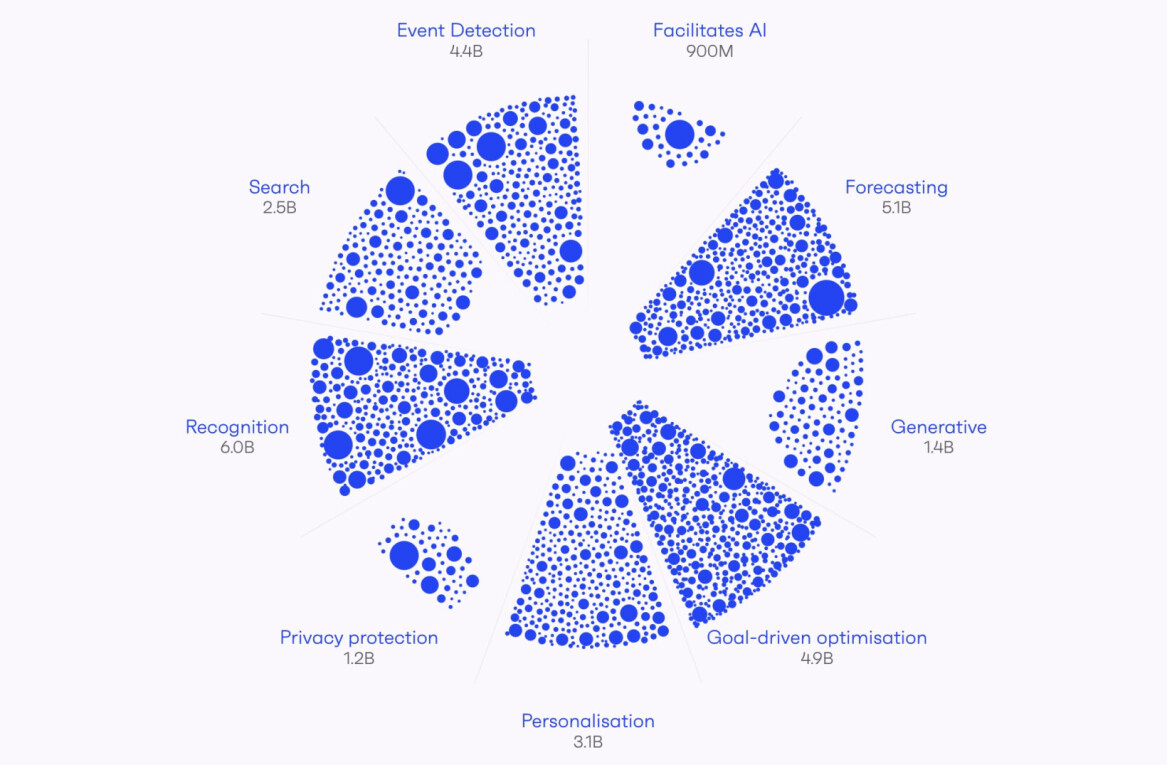
Throughout media history the BBC have always been hated or loved by many media professionals. Their business model is always a point of discussion both in British politics as in British pubs. But it is undeniable that the BBC has been one of the leading companies in developing media technology. Two out of many inventions coming from the BBC R&D department are teletext and stereo sound, which are still heavily utilized technologies today.
The same BBC department is now working on a groundbreaking project, called Project Canvas. Project Canvas is initiated by the BBC, but a number of partners have joined the project, amongst them are Channel 4, Five and British Telecom. Last week I witnessed a keynote by Dutchman Erik Huggers, responsible for Future Media within the board of the BBC, who explained Project Canvas. In the video below you can see the demonstration he gave (another conference, but same demo).
What Project Canvas exactly is
Project Canvas is basically inventing the use of internet applications through your tv set. By plugging your internet cable in your set top box you get access to something which is similar to Apple’s App Store. Just like Apple, BBC are also just creating the platform and the accessory software development tools. I believe this comparison is actually a very good way to look at Project Canvas.
Apple brought the magic of internet applications, combined with specific mobile phone features, to the mobile phone. Project Canvas is bringing the magic of internet applications, combined with specific television features, to your tv set.
Although I have to admit that there is one difference. BBC are not only developing this for themselves, but for all tv stations.
The ideology behind this project is that the BBC think freeview should always be able to compete with paid television. Paid television stations can innovate in a higher pace with the revenue coming from their subscribers and according to the BBC the technology gap between freeview and paid television could become too large. This could cause both a digital divide and a knowledge gap between paying subscribers and freeview viewers.
Putting this aside, I am more interested in the new business that is opening up here. Just as we have seen on mobile phones, it looks like we are welcoming the TV App Store soon. The BBC have made clear that they are solely creating a platform, that will be opened up for third party developers. So the majority of the applications on Canvas will have to be developed by third parties.
Just another interface
This is not only a very new and exciting business, but is also a big step forward in the convergence of television, computer and mobile phone.
Many mobile applications purely offer the phone as a new interface for stuff you already did. Like reading news, checking the weather forecast, looking up sports results, using social networks etc. Basically we can now do pretty much everything we can do on a computer on our mobile phone.
Your tv set will just become a new interface for stuff you already do. Obviously you already watch the news on television, now you can watch it whenever you want through the news application on your tv.Just like checking Twitter, Facebook, the weather or even your health insurance (which Huggers actually used as an example).
The difference that is left, is that every interface has its physical advantages, your tv is for relaxation because it is in front of your couch, your phone is always in your pocket but has a small screen and your computer is great for tasks you really have to focus on. A sensible conclusion is that if you really want to, you will be able to work, relax or anything in between on all your media devices, but the degree to which you actually use it for a certain goal will be completely determined by screen size and screen position.
Get the TNW newsletter
Get the most important tech news in your inbox each week.





